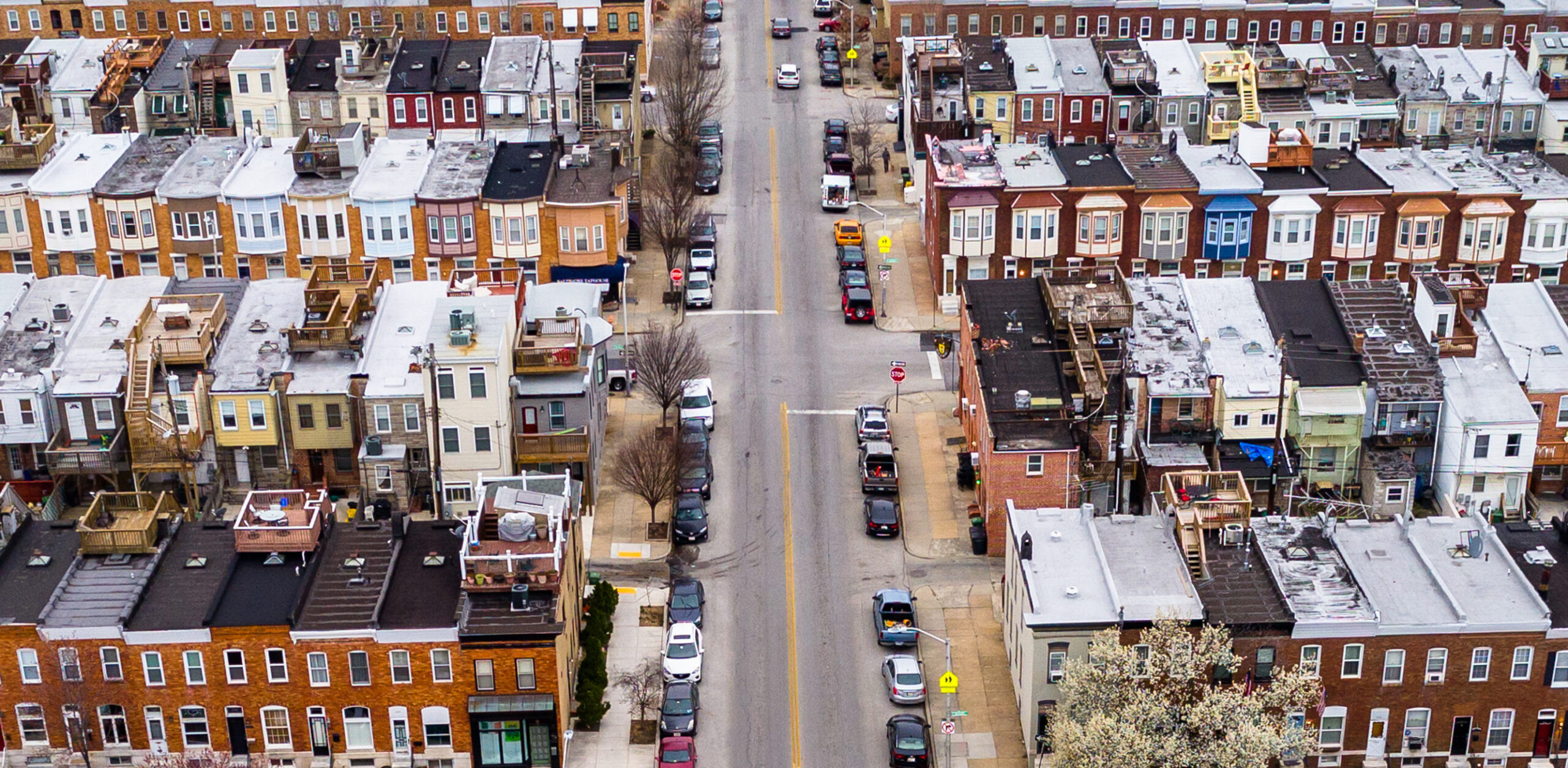- This event has passed.
Bradford Seminar: “Taking Science to the Streets”
Event Date
Mon, Nov 14, 2022 ・ 12:15 PM - 1:15 PM
Location
300 Wallace Hall; Online via Media Central Live








